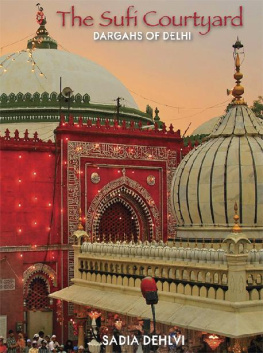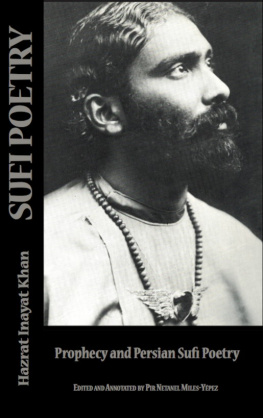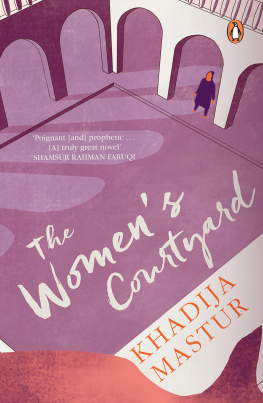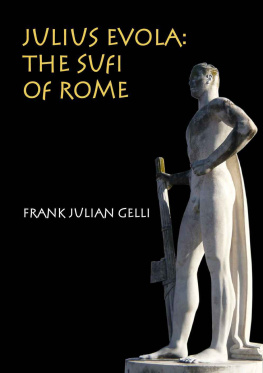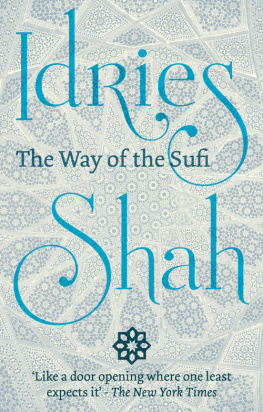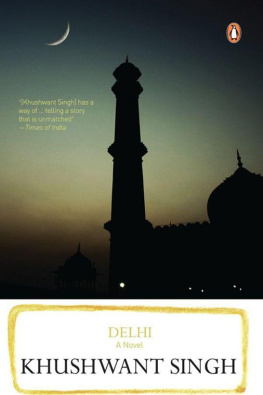Sadia Dehlvi - The Sufi Courtyard: Dargahs Of Delhi
Here you can read online Sadia Dehlvi - The Sufi Courtyard: Dargahs Of Delhi full text of the book (entire story) in english for free. Download pdf and epub, get meaning, cover and reviews about this ebook. year: 2012, publisher: HarperCollins, genre: Religion. Description of the work, (preface) as well as reviews are available. Best literature library LitArk.com created for fans of good reading and offers a wide selection of genres:
Romance novel
Science fiction
Adventure
Detective
Science
History
Home and family
Prose
Art
Politics
Computer
Non-fiction
Religion
Business
Children
Humor
Choose a favorite category and find really read worthwhile books. Enjoy immersion in the world of imagination, feel the emotions of the characters or learn something new for yourself, make an fascinating discovery.
- Book:The Sufi Courtyard: Dargahs Of Delhi
- Author:
- Publisher:HarperCollins
- Genre:
- Year:2012
- Rating:3 / 5
- Favourites:Add to favourites
- Your mark:
- 60
- 1
- 2
- 3
- 4
- 5
The Sufi Courtyard: Dargahs Of Delhi: summary, description and annotation
We offer to read an annotation, description, summary or preface (depends on what the author of the book "The Sufi Courtyard: Dargahs Of Delhi" wrote himself). If you haven't found the necessary information about the book — write in the comments, we will try to find it.
The Sufi Courtyard: Dargahs Of Delhi — read online for free the complete book (whole text) full work
Below is the text of the book, divided by pages. System saving the place of the last page read, allows you to conveniently read the book "The Sufi Courtyard: Dargahs Of Delhi" online for free, without having to search again every time where you left off. Put a bookmark, and you can go to the page where you finished reading at any time.
Font size:
Interval:
Bookmark:
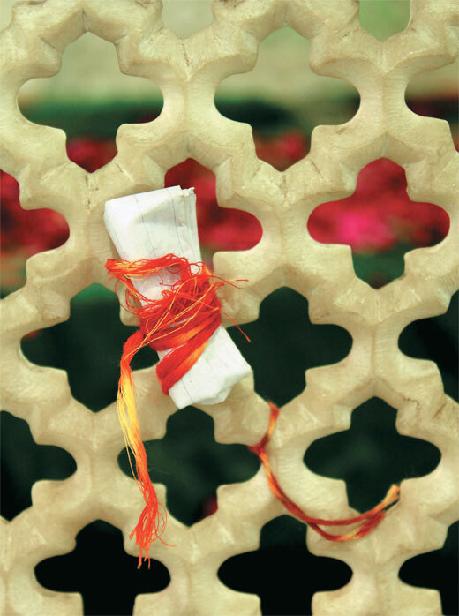

my friend Khushwant
who has touched so many lives with his
guidance, humility, generosity and compassion.
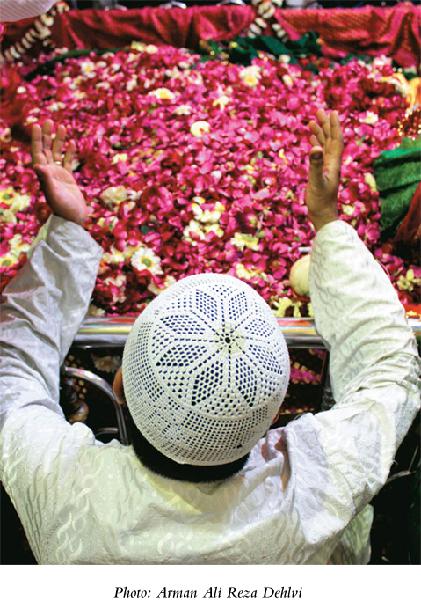

Most Compassionate Most Gracious
Jannat adan ast ke abaad baad
It is a garden of paradise and so, may it flourish!
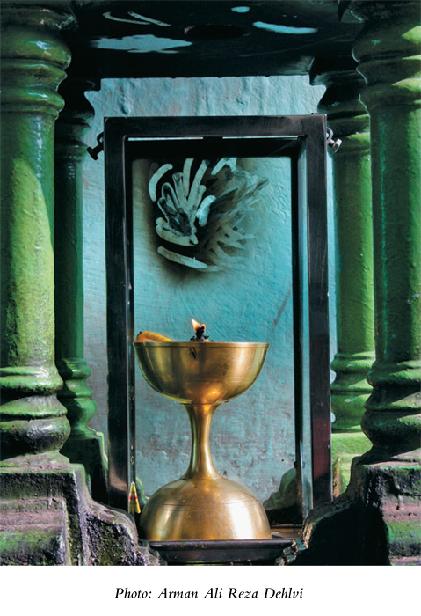
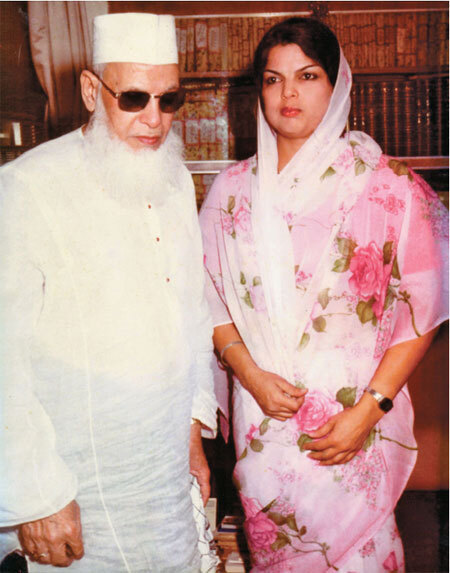
 said, I swear by the God who controls my life, He loves those who awaken the love of Him amongst the people. Another Prophetic tradition affirms, The ink of the scholar is more sacred than the blood of the martyr. These words sustained my efforts through the years that it has taken to complete this book. I thank Allah, Prophet Muhammad
said, I swear by the God who controls my life, He loves those who awaken the love of Him amongst the people. Another Prophetic tradition affirms, The ink of the scholar is more sacred than the blood of the martyr. These words sustained my efforts through the years that it has taken to complete this book. I thank Allah, Prophet Muhammad  and the Sufis, praying they accept this book and forgive its failings.
and the Sufis, praying they accept this book and forgive its failings.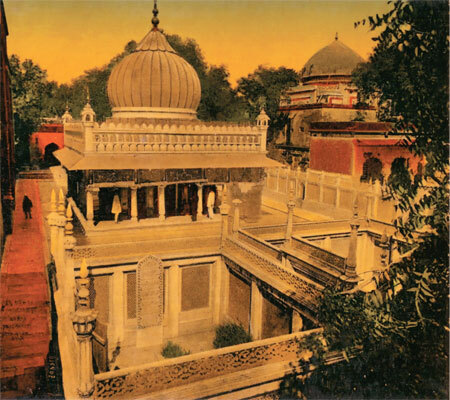
Image courtesy: Aga Khan Trust for Culture
 , and Delhi their courtyard. In the hearts of their ashiqs , lovers, Delhi gleams almost as sacred as the cities of Makkah and Madinah. Devotees of the Auliya Allah , friends of Allah, popularly called Sufis, believe that heavenly showers of Nur , Divine Light, constantly pour over the city of Delhi.
, and Delhi their courtyard. In the hearts of their ashiqs , lovers, Delhi gleams almost as sacred as the cities of Makkah and Madinah. Devotees of the Auliya Allah , friends of Allah, popularly called Sufis, believe that heavenly showers of Nur , Divine Light, constantly pour over the city of Delhi.Font size:
Interval:
Bookmark:
Similar books «The Sufi Courtyard: Dargahs Of Delhi»
Look at similar books to The Sufi Courtyard: Dargahs Of Delhi. We have selected literature similar in name and meaning in the hope of providing readers with more options to find new, interesting, not yet read works.
Discussion, reviews of the book The Sufi Courtyard: Dargahs Of Delhi and just readers' own opinions. Leave your comments, write what you think about the work, its meaning or the main characters. Specify what exactly you liked and what you didn't like, and why you think so.

